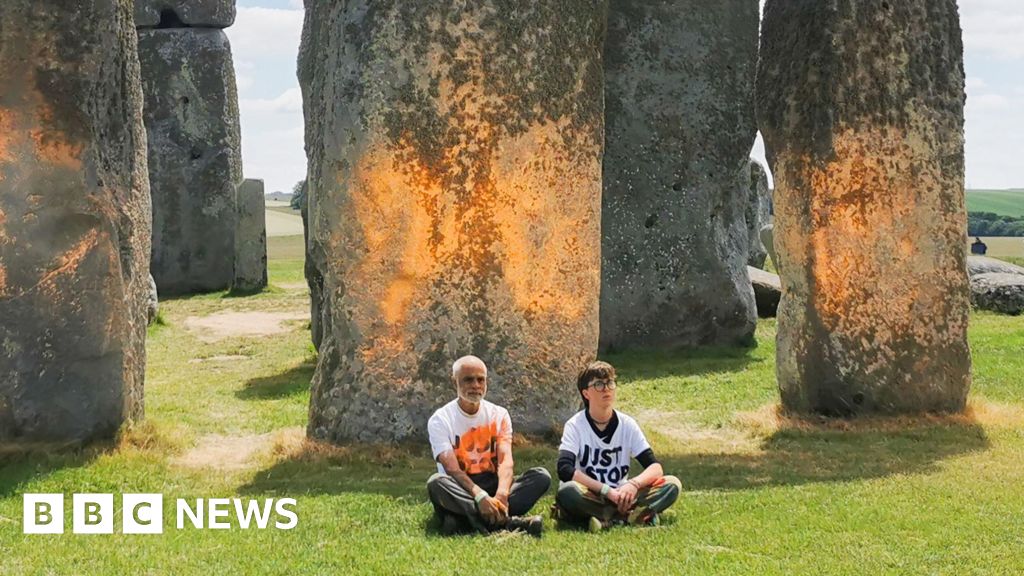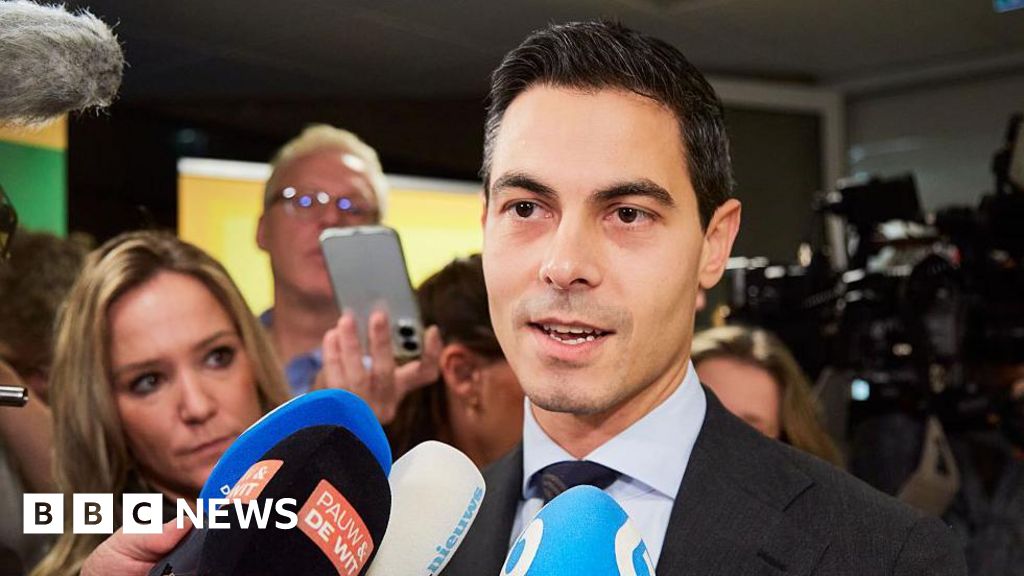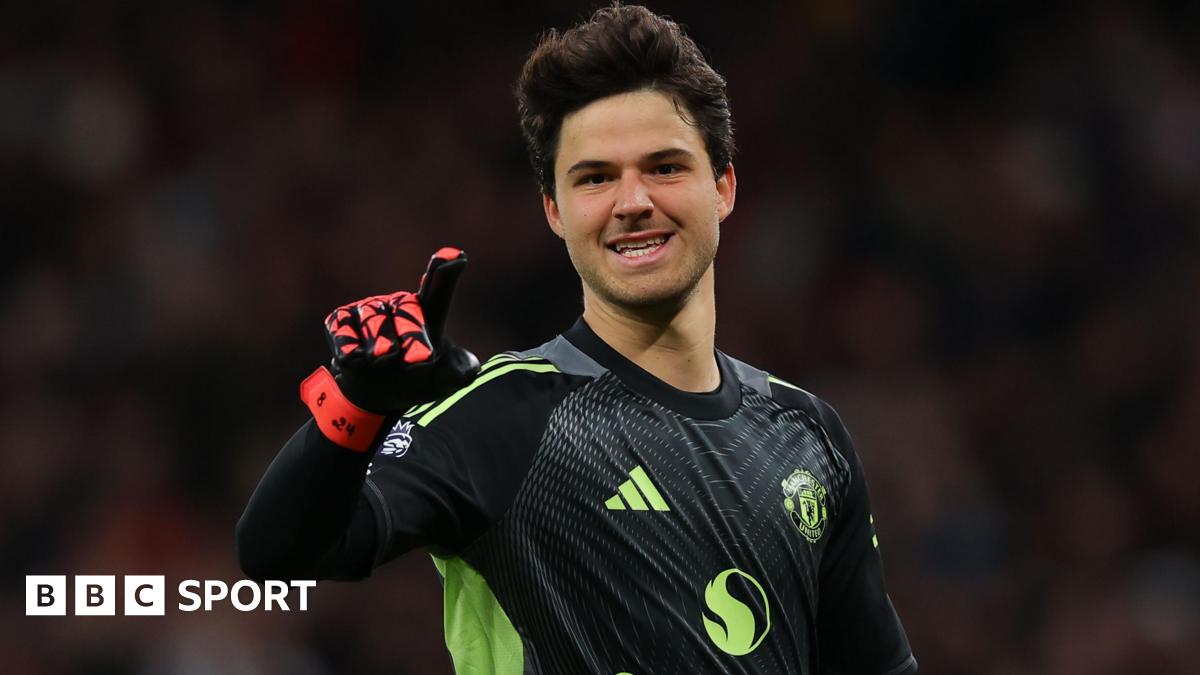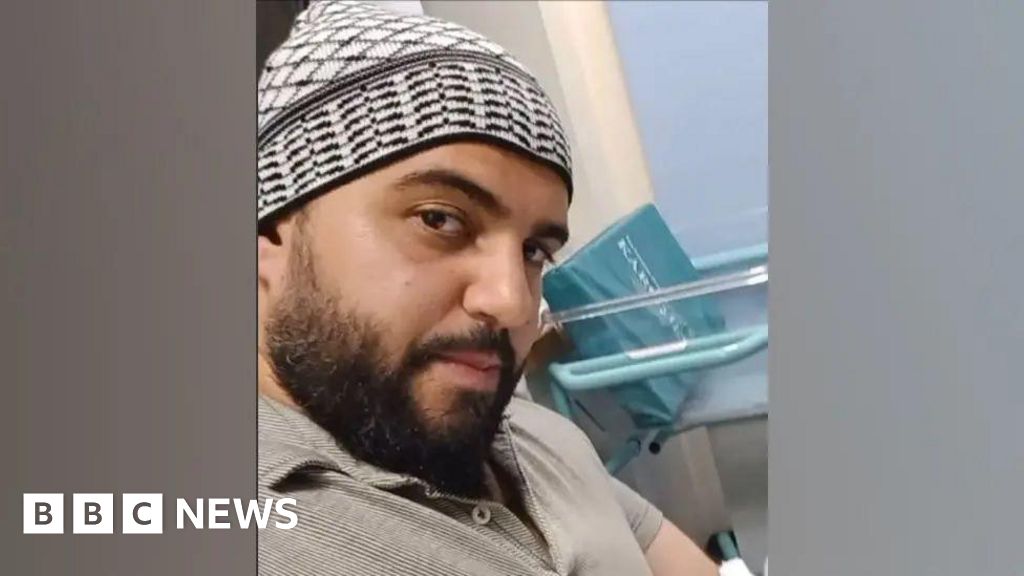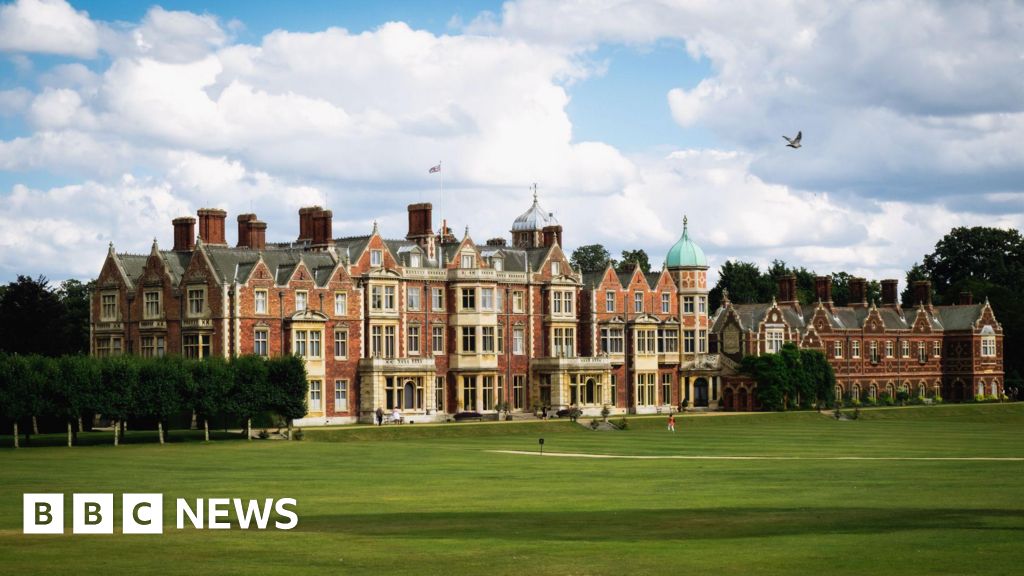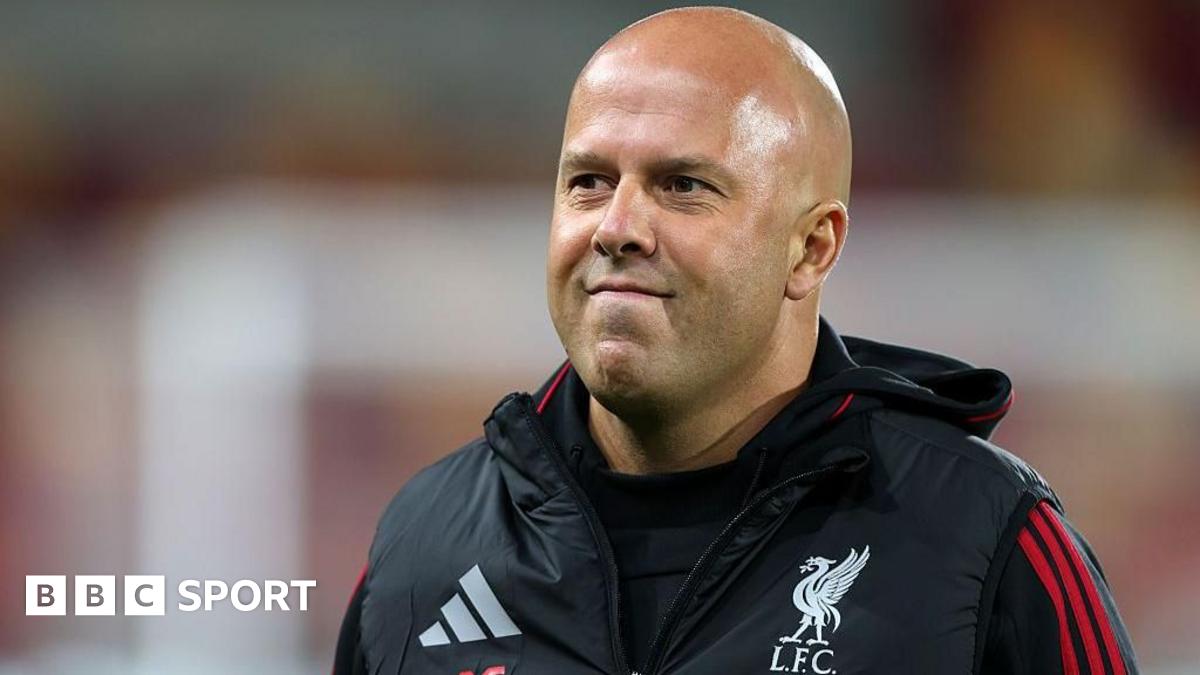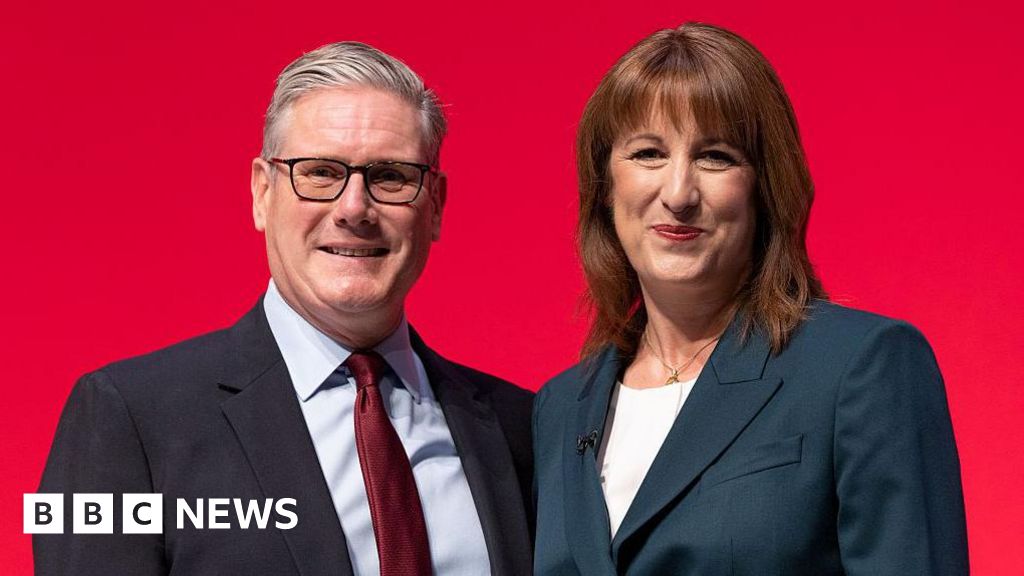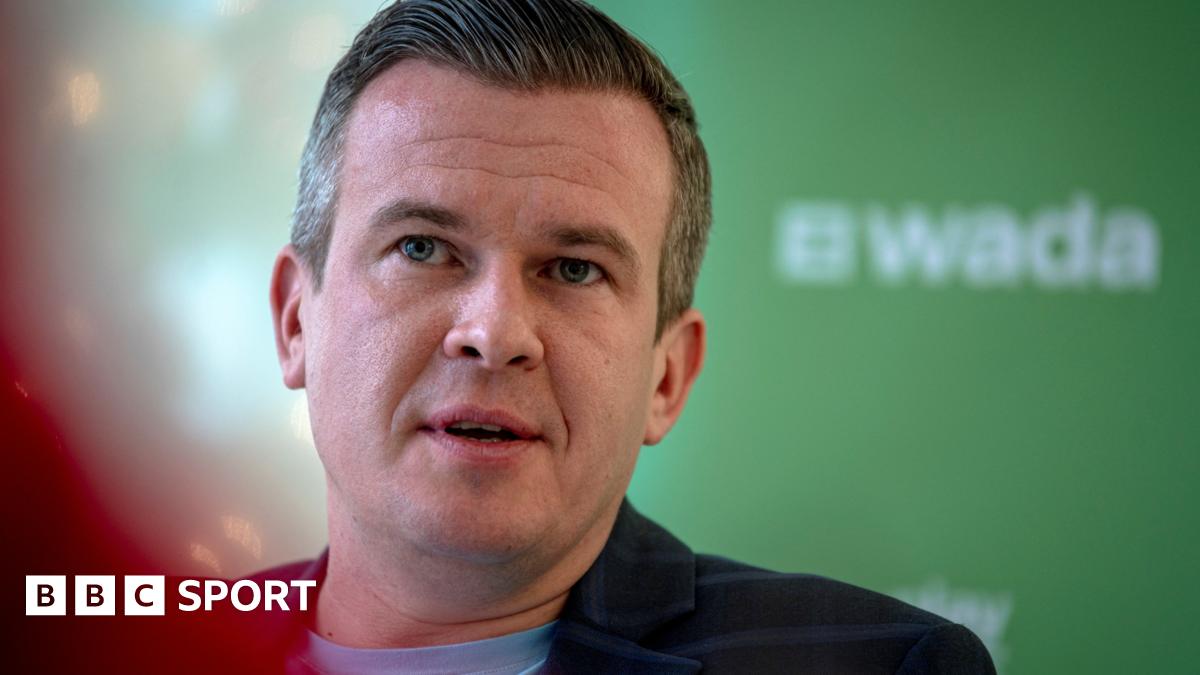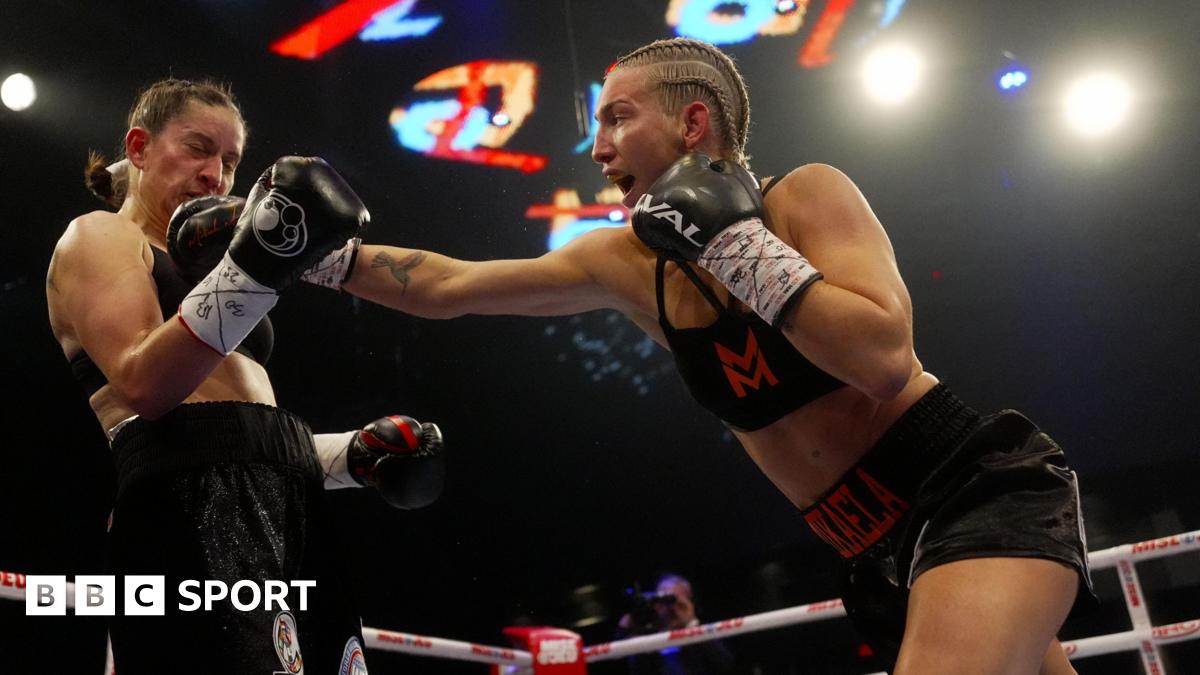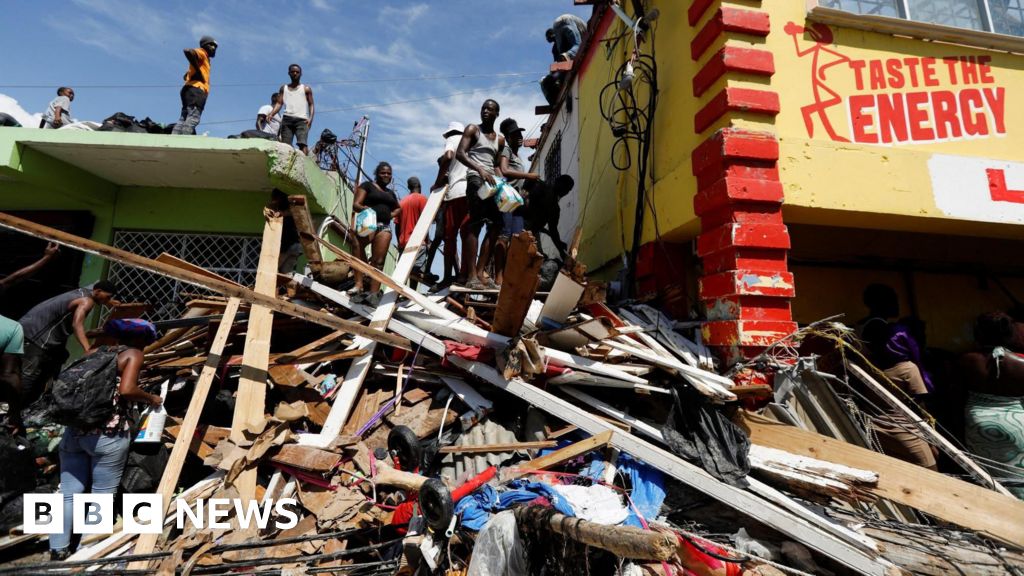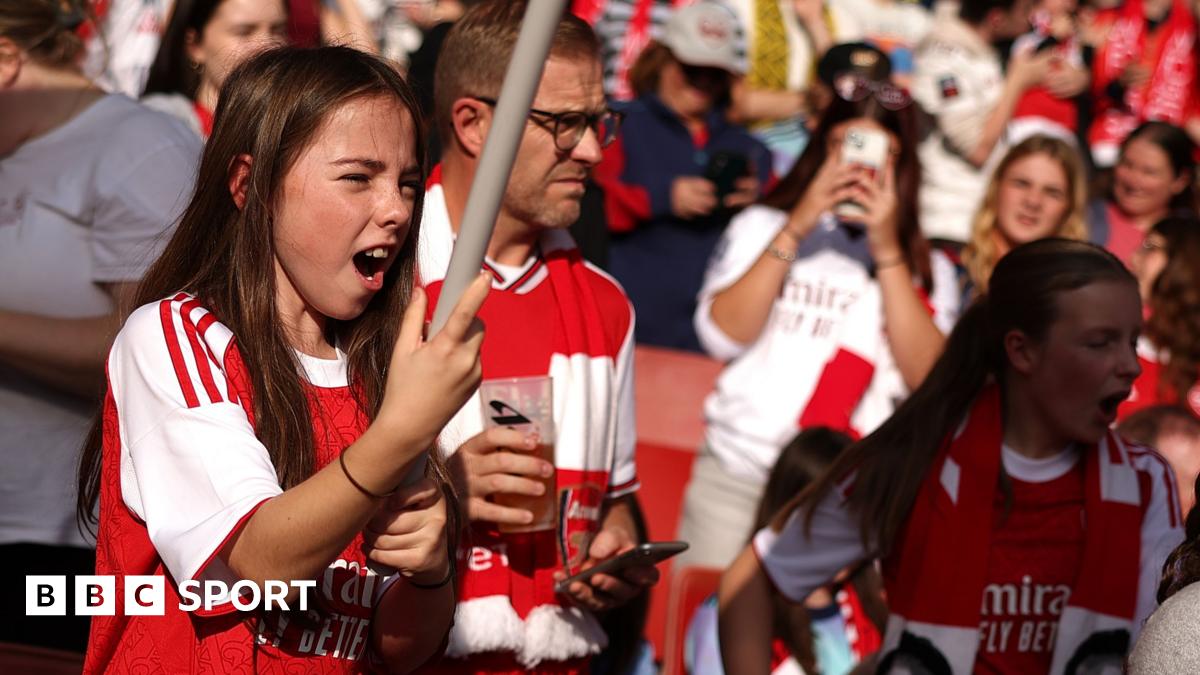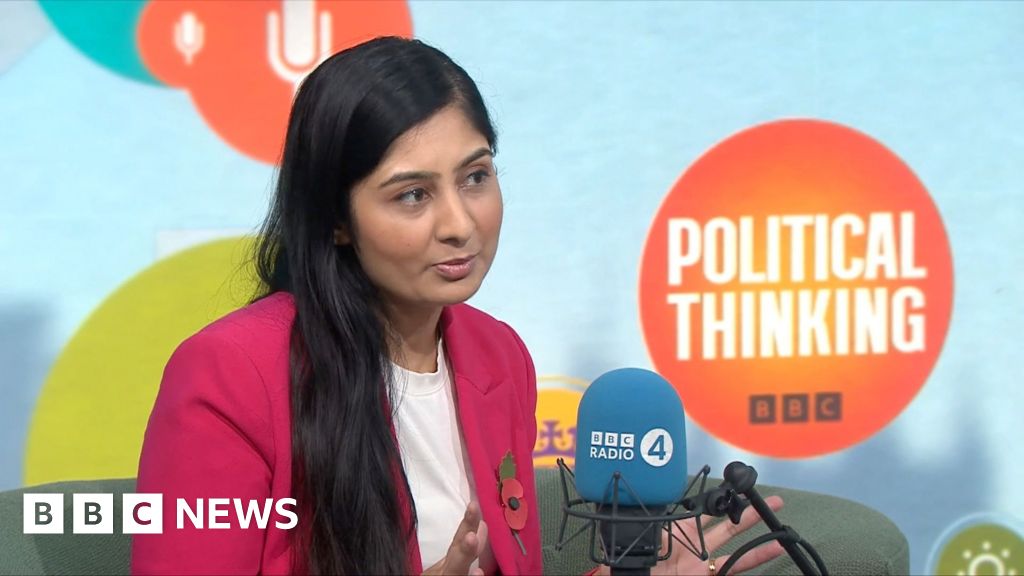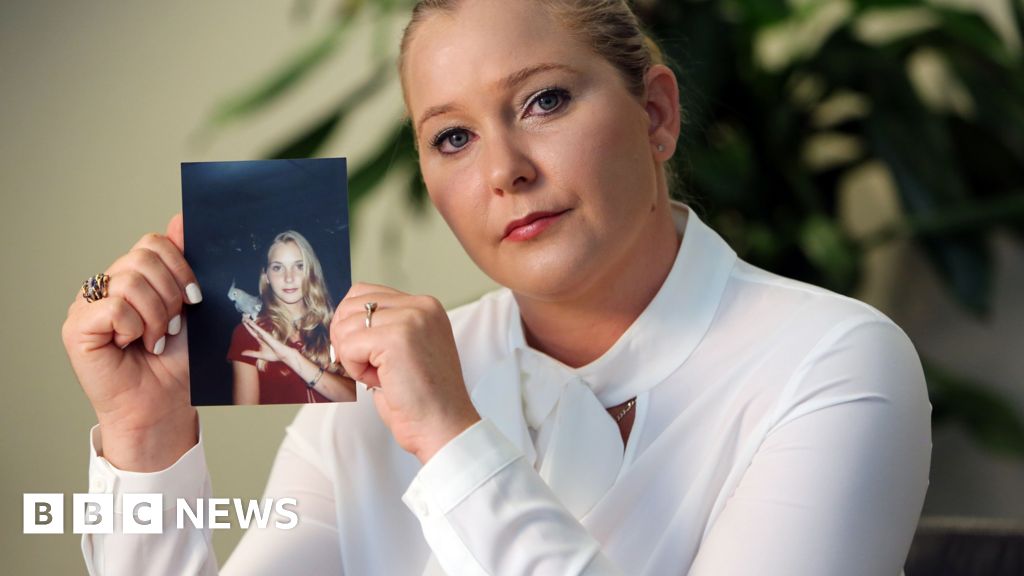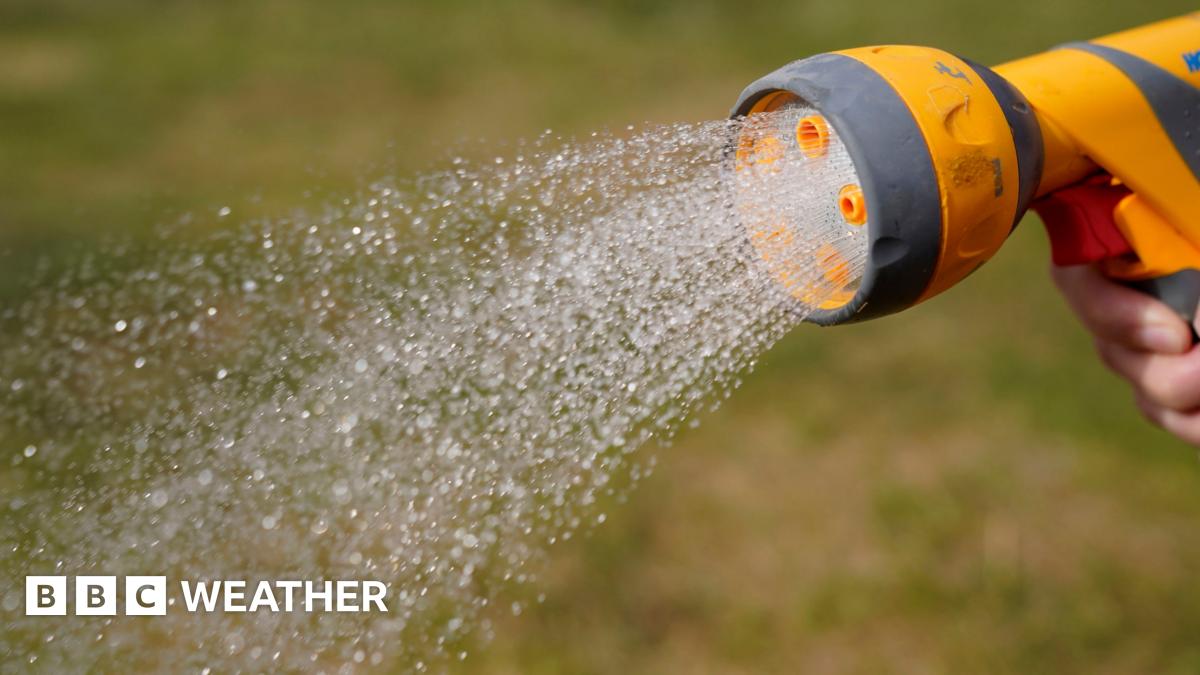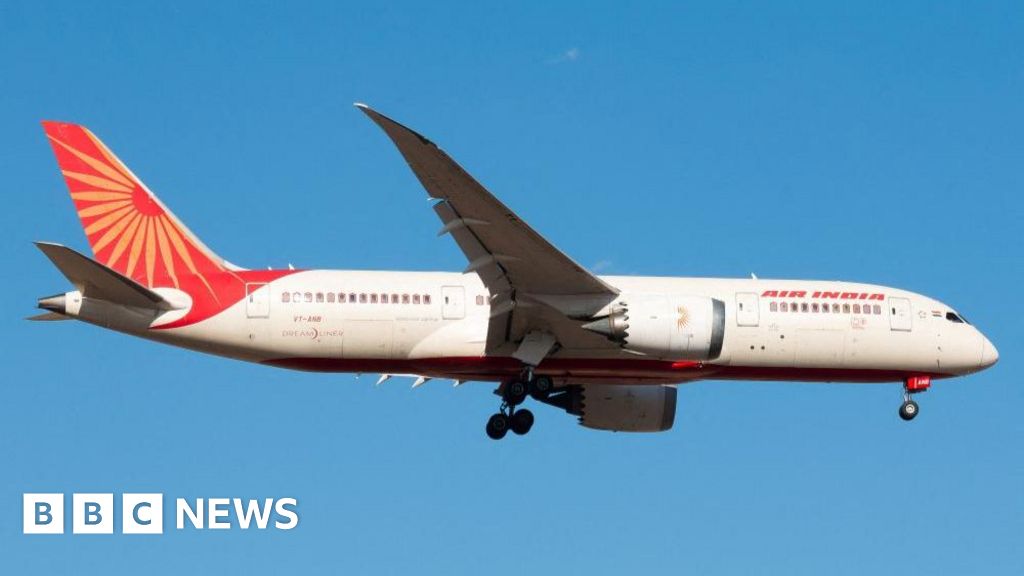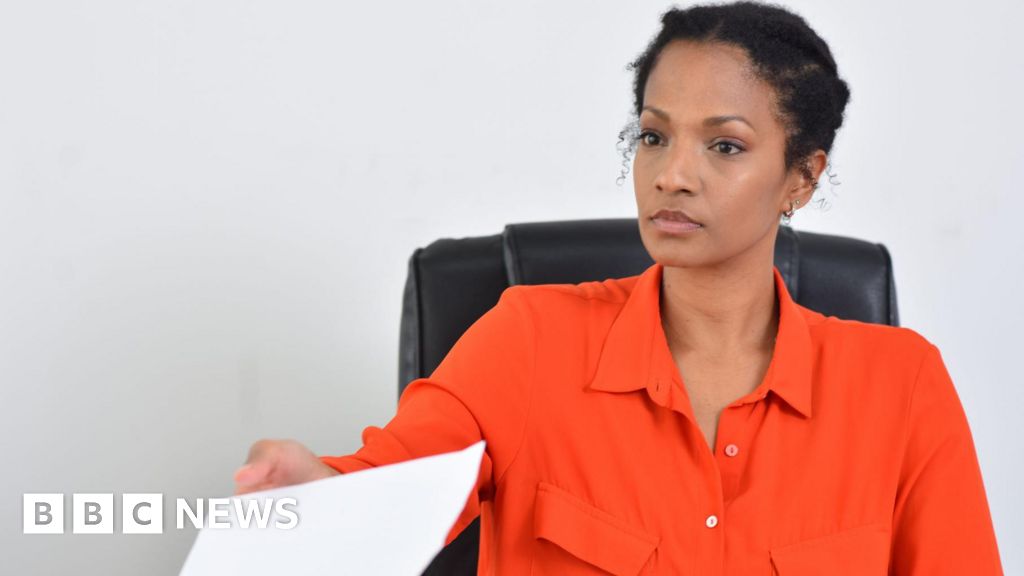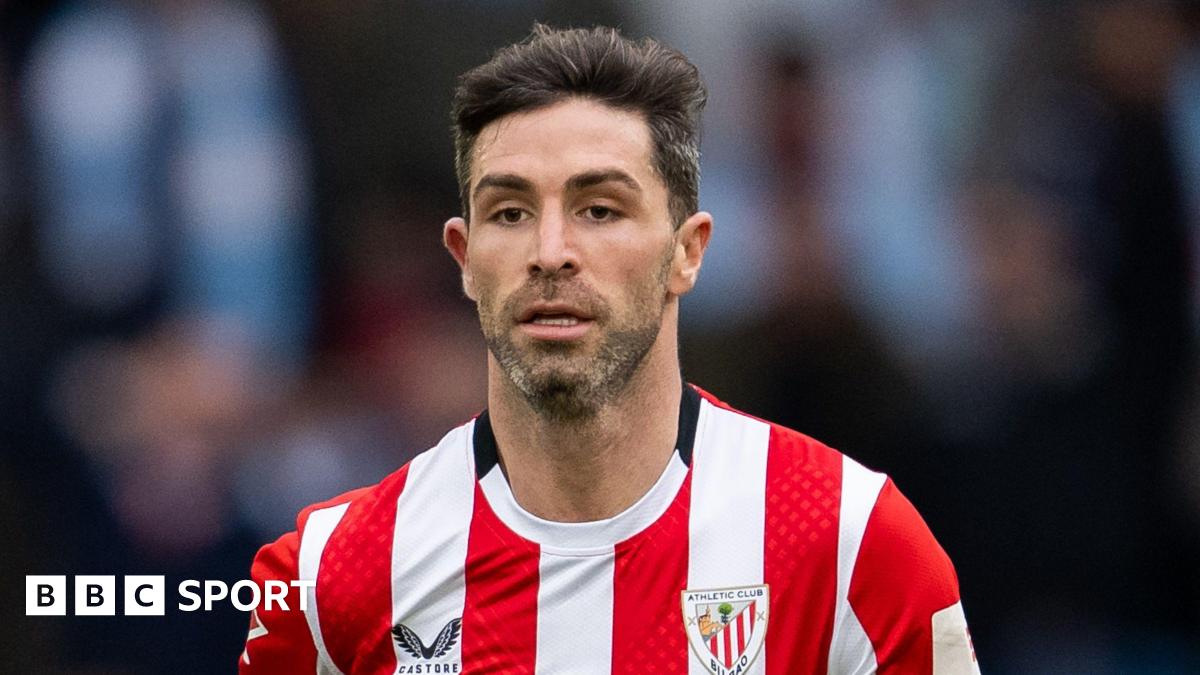Rachel Russell, David Spereall & James Vincent
BBC News, Yorkshire

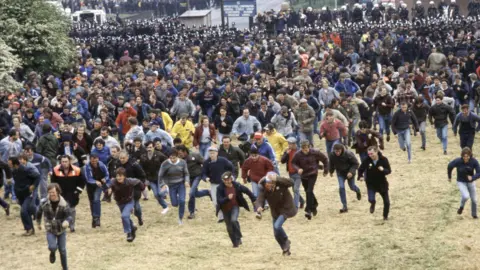 Getty Images
Getty Images
The Battle of Orgreave, on 18 June 1984, was the bloodiest day of the year-long miners' strike
A national inquiry will be held into one of the most violent days of the year-long miners' strike in the 1980s, the government has announced.
The inquiry will look into the clash that involved police and miners outside the Orgreave coking plant in Rotherham on 18 June 1984.
The incident, which became known as the Battle of Orgreave, involved miners from across Britain converging on the plant to try to disrupt deliveries, but they were met with force by thousands of police officers.
Joe Rollin, from the Orgreave Justice Campaign, has been calling for an inquiry for 13 years. He said he was "cautiously elated" by the news.
Home Secretary Yvette Cooper, who announced the inquiry, said those affected by the confrontation had had "unanswered questions for over 40 years".
She said the inquiry had been put "in our Labour manifesto last year and that's what we're now delivering".

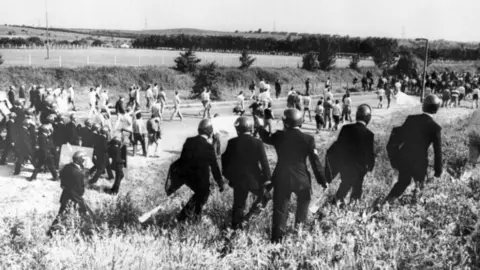 PA Media
PA Media
The striking miners were met with force by thousands of police officers during the clashes
The inquiry will be chaired by the Bishop of Sheffield, the Rt Rev Dr Pete Wilcox, and will look at both the events of the day and the aftermath, Ms Cooper said.
That will include the eventually failed criminal prosecutions of 95 miners and what Ms Cooper described as the "discredited evidence" against them.
The incident was sparked after the National Coal Board (NCB) announced in March 1984 that it was shutting 20 UK collieries it said were unprofitable.
This resulted in the loss of at least 20,000 jobs.
More than three quarters of the country's 187,000 miners went on strike in response to the announcement.
On the day of the clashes in June, the striking miners wanted to stop lorries carrying coke to fuel the Scunthorpe steel furnaces as they thought disrupting production would help win their fight against the closures and job losses.

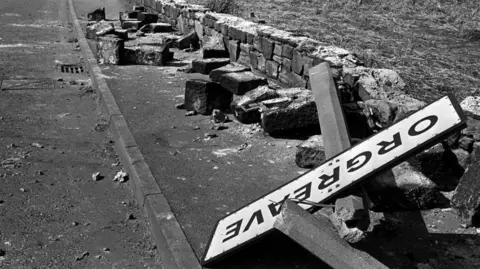 PA Media
PA Media
The Battle of Orgreave is considered one of the most violent episodes in British industrial history
But violent clashes between police and the miners left more than 100 picketers and officers injured at the coking plant.
A total of 95 men who had been picketing at the plant were arrested and faced trial on riot and unlawful assembly charges.
However, the case against them collapsed in court due to allegations that South Yorkshire Police had falsified evidence.
Many of those involved have said that even 40 years on, they want answers about what happened and why.
It is still considered one of the most violent episodes in British industrial history.
South Yorkshire Police said it would "fully cooperate with the inquiry in a bid to help those affected find answers".

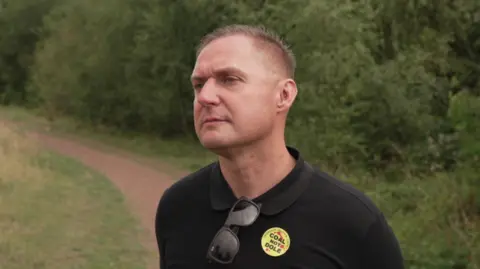
Joe Rollin, from the Orgreave Truth and Justice Campaign, said he was "cautiously elated" by the announcement
Mr Rollin said: "It's been a long slog these last 13 years and we can't quite believe it.
"We're really happy and we want to get to the truth.
"We want all the people who live around the country in mining communities that have been so badly treated to have a smile on their faces (in response to the news).
"This has been a hard-fought thing and thank you to everyone who's supported us."
South Yorkshire's Mayor Oliver Coppard said the announcement of the inquiry was a "landmark moment for justice and accountability".
"We owe it to the miners, their families, and our communities to ensure that the events of Orgreave are finally understood," he said.
The Conservative government previously rejected calls for an inquiry.
In 2016, the then home secretary, Amber Rudd, said it would not be in the public interest.
She said that even though miners who were involved gave "forceful accounts" about its lasting impact on them, "ultimately there were no deaths or wrongful convictions".
Rotherham MP Sarah Champion said former miners, their families and campaigners had worked "tirelessly" to secure an inquiry.
She said: "I have stood shoulder to shoulder with campaigners over the years as they were led to believe an inquiry was about to be commissioned, only to have the rug pulled out from under them.
"They have been let down time and time again, and I am proud that our Labour government is good to its word and will finally uncover the truth."

 3 months ago
76
3 months ago
76
